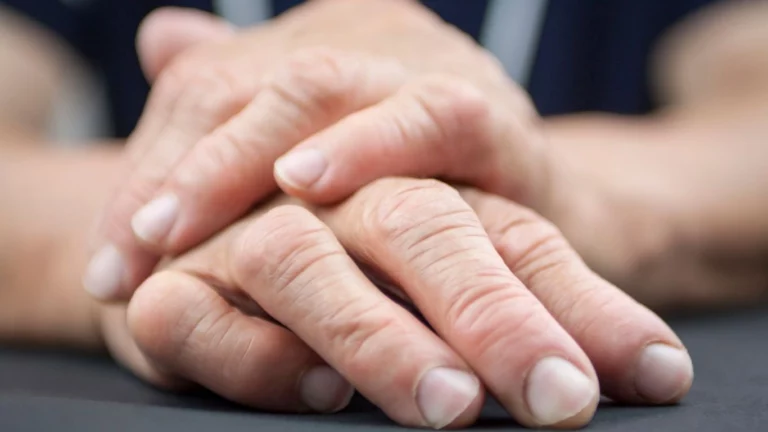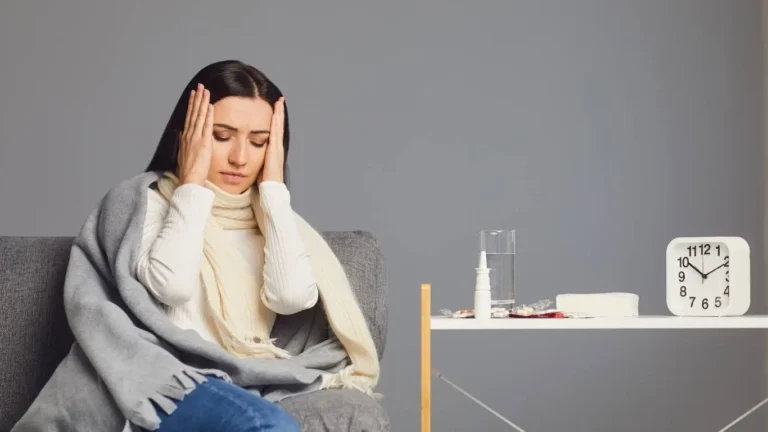Shocking Link Between High Blood Pressure and Snoring
If you’ve ever found yourself wondering whether there’s a link between high blood pressure and snoring, you’re not alone. I can’t count how many times a patient has come into my clinic—usually dragged in by a sleep-deprived partner—complaining about their snoring, only to discover their blood pressure is creeping up too. As an internal medicine physician who’s spent years treating hypertension, I’ve seen this duo show up hand-in-hand more often than you’d think. It’s more than just a noisy nuisance—it could be a red flag for something deeper going on inside your body.
What’s Really Going On With Snoring and Your Blood Pressure?
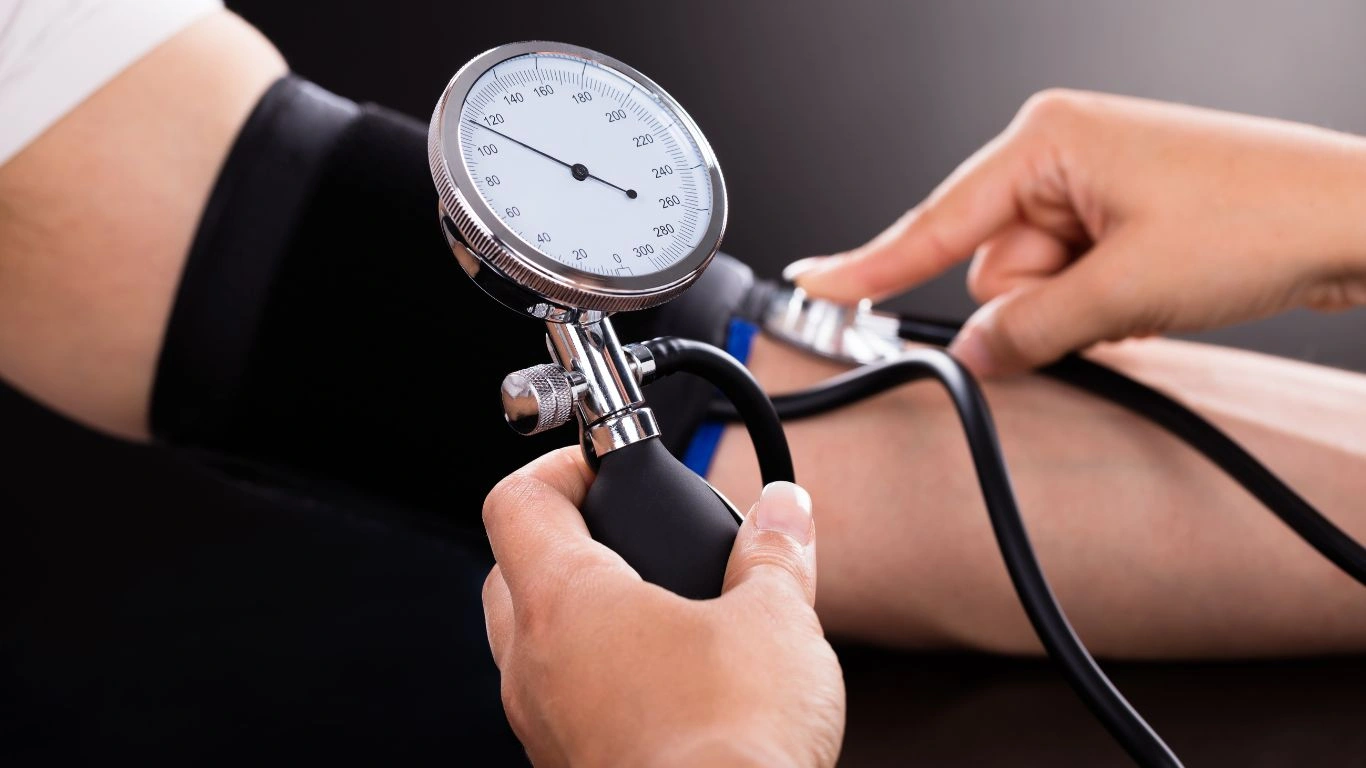
Let’s break it down. Snoring happens when air can’t move freely through your nose and throat during sleep. That causes the surrounding tissues to vibrate, which makes that familiar rattling sound. But here’s the kicker—when snoring becomes loud and chronic, it might be pointing toward a condition called obstructive sleep apnea (OSA). And OSA doesn’t just wreck your sleep—it has a real impact on your cardiovascular system, especially your blood pressure.
So How Are High Blood Pressure and Snoring Connected?
When you snore—especially if you have sleep apnea—your breathing briefly stops multiple times during the night. Each of those pauses sends your body into a mini stress response. Your heart races. Your oxygen levels dip. Your blood vessels constrict. Over time, that repeated pattern trains your body to stay in a heightened stress state, even during the day. Guess what that does? Yep—elevates your blood pressure.
In my clinic, I’ve had patients in their 40s with “resistant hypertension” (blood pressure that just won’t budge despite medication) who finally see improvement after we address their sleep issues. It’s a lightbulb moment for a lot of people. Fix the sleep, help the pressure. It’s that interconnected.
Why This Matters More Than You Think
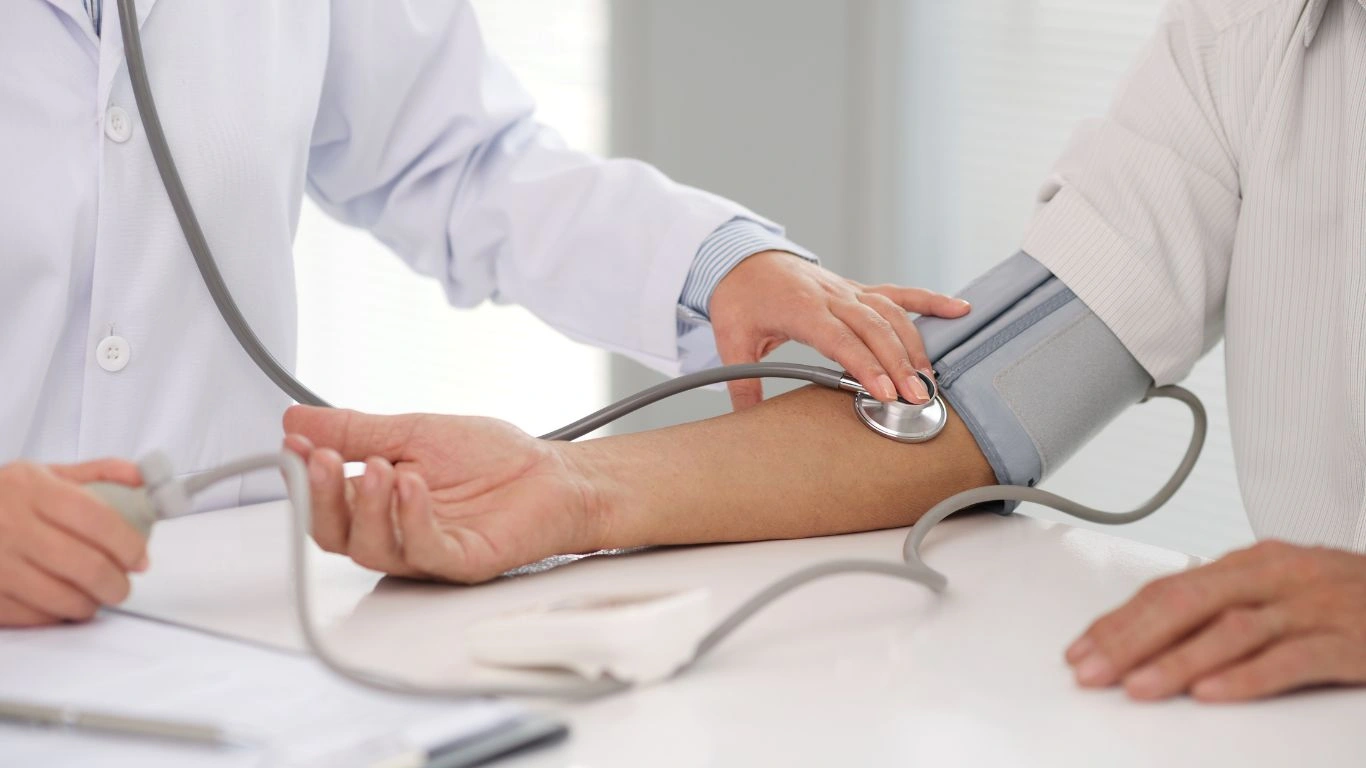
If you’re shrugging off snoring as just an annoying part of getting older—or something your spouse just has to live with—it might be time to reconsider. Snoring, especially when paired with daytime fatigue, morning headaches, or waking up gasping, can be an early warning sign. And when it comes to hypertension, early detection is everything.
As a physician, I always say: your body whispers before it screams. Snoring could be your whisper. High blood pressure, if ignored, becomes the scream. It increases your risk of stroke, heart failure, kidney disease—the list goes on. But if we catch these signals early? There’s so much we can do.
Clues Your Snoring Might Be a Bigger Deal
- Loud snoring that happens almost every night
- Waking up feeling tired despite a full night’s sleep
- Headaches in the morning
- Trouble concentrating during the day
- High blood pressure that doesn’t improve with medication
If any of those sound familiar, I’d encourage you to talk to your doctor. And if your blood pressure’s been inching up for no clear reason, don’t overlook your sleep quality—it might be the missing piece of the puzzle.
What Happens in Your Body During Sleep Apnea Episodes
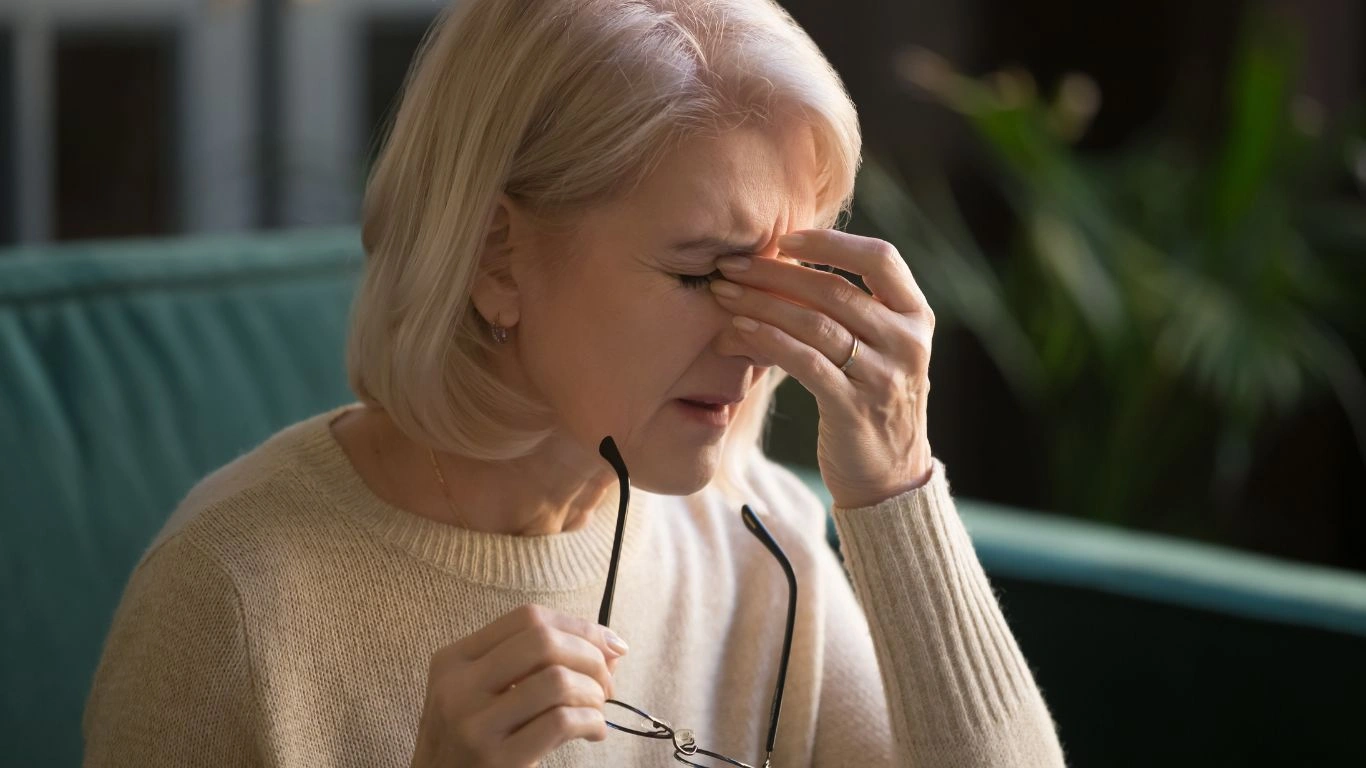
This is where things get a little science-y, but stick with me—this stuff matters. During an apnea episode, your airway collapses or becomes blocked. Your brain senses the lack of oxygen and briefly wakes you up so you can breathe again. You may not remember these wake-ups, but they can happen dozens of times an hour. Each one puts a strain on your cardiovascular system.
- Your oxygen levels drop.
- Your brain sends a distress signal.
- Your heart rate spikes.
- Your blood vessels constrict.
- Your blood pressure goes up—again and again.
Night after night, this cycle continues. And over time, your body starts to think this stressed-out state is normal. That’s how snoring can become a gateway to chronic hypertension—and that’s why we have to take it seriously.
Real Talk: What I Tell My Patients
I’ve had patients tell me, “Doc, I didn’t even know I stopped breathing at night. I just thought I snored!” And that’s exactly the problem—so many people don’t realize what’s happening while they sleep. It’s not until they get a sleep study or their partner records them that they truly get it. Once we connect the dots between their high blood pressure and snoring, the treatment plan starts to make a lot more sense.
So, What Can You Do If You Suspect a Connection?

Alright, let’s say this is all starting to sound a little too familiar. Maybe your partner nudges you in the middle of the night because your snoring rattles the windows. Or maybe you’ve been told your blood pressure is high, but you feel like you’re doing everything right—eating better, exercising, taking your meds. That’s exactly when I dig a little deeper with my patients. We look beyond the surface and consider whether sleep—and snoring—might be playing a bigger role than expected.
The good news? There are options. And trust me, I’ve seen people’s lives change once they address their sleep issues. I once had a patient—we’ll call him Mike—who had been on three different blood pressure medications for years with minimal improvement. It wasn’t until we got him into a sleep study and diagnosed moderate sleep apnea that things started to shift. Within six months of using a CPAP machine, we were able to cut his medications in half. He was sleeping better, feeling sharper during the day, and finally seeing his numbers stabilize. Win-win.
Getting Tested: What to Expect
If you’re suspecting a link between your high blood pressure and snoring, the next best step is a sleep study. You can either do it in a lab or with a home-based sleep test (yes, you can sleep in your own bed, and no, it’s not as weird as it sounds). The test tracks things like breathing patterns, oxygen levels, and how often you wake up at night without realizing it.
- In-lab studies: More detailed, often used for complex cases.
- At-home tests: Convenient and increasingly accurate for diagnosing moderate to severe sleep apnea.
Once you get the results, your doctor (hopefully someone like me who gets how interconnected this stuff is) will walk you through the next steps. That might include lifestyle changes, CPAP therapy, or even positional training (aka teaching your body not to sleep flat on your back).
Let’s Talk CPAP: Friend, Not Foe

I know, I know—CPAP machines have a bit of a reputation. Patients often walk in terrified they’ll end up looking like Darth Vader at bedtime. But I promise, it’s not as bad as it seems. The tech has come a long way. They’re quieter, more comfortable, and—most importantly—effective. I’ve had people come back after just a few weeks saying, “I had no idea what real sleep felt like until now.” And their blood pressure? Often drops like clockwork within a few months.
Now, CPAP isn’t the only option. Depending on the severity of your snoring and apnea, there are other treatments like:
- Oral appliances: These devices keep your airway open by moving your jaw slightly forward. Dentists trained in sleep medicine usually fit them.
- Lifestyle adjustments: Losing weight, avoiding alcohol before bed, and improving nasal airflow can all make a difference.
- Surgery: Reserved for specific cases where structural issues are the culprit.
The bottom line? There are options, and none of them are as scary as staying untreated.
Everyday Tips to Start Right Now
Even before you get an official diagnosis, there are simple things you can start doing tonight that might help with both snoring and blood pressure. These aren’t miracle cures, but they can make a difference—especially if you’re in that in-between phase of “I’m not sure yet, but something’s off.”
- Sleep on your side: This one’s a classic for a reason. Back sleeping makes your airway more likely to collapse, especially if you’re overweight or have nasal congestion.
- Cut back on alcohol: Alcohol relaxes the muscles in your throat and makes snoring worse. Try skipping the nightcap and see how you feel in the morning.
- Stick to a sleep schedule: Your body thrives on routine. Going to bed and waking up at the same time each day helps regulate everything—from hormones to blood pressure.
- Address nasal congestion: Breathing better through your nose means less pressure on your throat tissues and less vibration (aka less snoring).
These are the kinds of lifestyle tweaks I talk about all the time in clinic. They may seem small, but they’re often the foundation for bigger changes.
Why We Can’t Ignore the Big Picture

I say this often to my patients and I’ll say it here too: the body is one big interconnected system. When one part starts signaling distress—like snoring at night or elevated blood pressure during your annual physical—it’s often trying to tell us something more. The link between high blood pressure and snoring is one of those hidden connections that’s easy to miss if you’re only looking at symptoms in isolation.
That’s why I always encourage a holistic view. As a physician, I’m not just here to prescribe meds and send you on your way. I’m here to help you understand your body, connect the dots, and make empowered decisions that can change the course of your health long-term.
If anything in this post is resonating with you—or someone you love—don’t brush it off. The sooner we take these signs seriously, the sooner we can take action that actually works.
When High Blood Pressure and Snoring Go Untreated
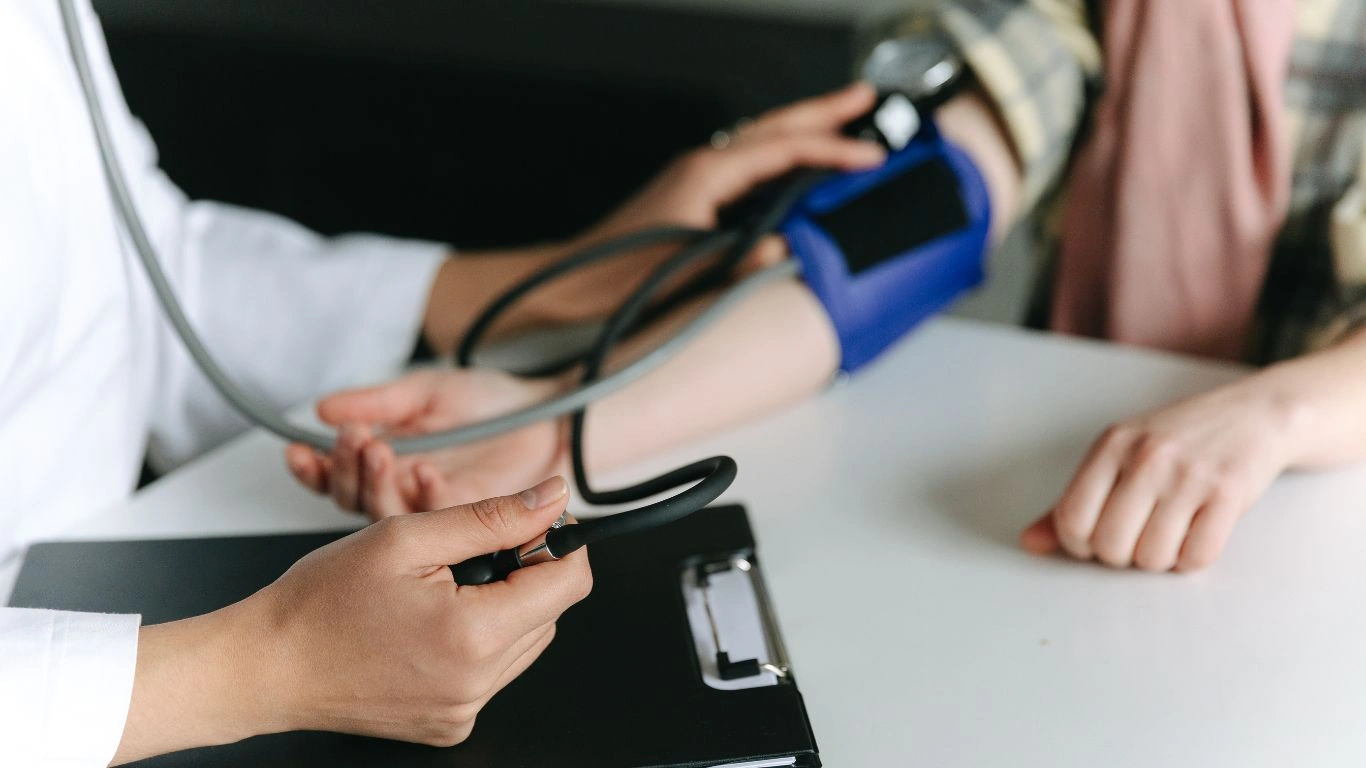
Let’s get real for a second—ignoring chronic snoring and elevated blood pressure doesn’t just mean more tired mornings and extra caffeine. Over time, the risks pile up. I’ve seen it firsthand in patients who brushed off their symptoms for years. They didn’t realize their body was in a state of chronic stress every single night, slowly wearing down their heart, blood vessels, and even their brain.
Untreated high blood pressure and snoring—especially when snoring is tied to sleep apnea—can lead to:
- Stroke: One of the scariest outcomes. Poor oxygenation and increased vascular resistance raise stroke risk significantly.
- Heart disease: Hypertension forces your heart to work overtime. Throw in nighttime oxygen drops? That’s a recipe for damage over the long haul.
- Chronic fatigue and brain fog: Sleep fragmentation from snoring and apnea impacts memory, focus, and even mood regulation.
- Kidney damage: Elevated blood pressure takes a silent toll on kidney function, especially when left unmanaged.
One patient of mine—a retired teacher—had been waking up with dull headaches for years. She chalked it up to age and stress. But after we looked into her snoring and blood pressure history, a sleep study confirmed moderate sleep apnea. With proper treatment, her blood pressure dropped by 20 points, and she told me she hadn’t felt this mentally sharp in over a decade.
Empowering Yourself with the Right Information
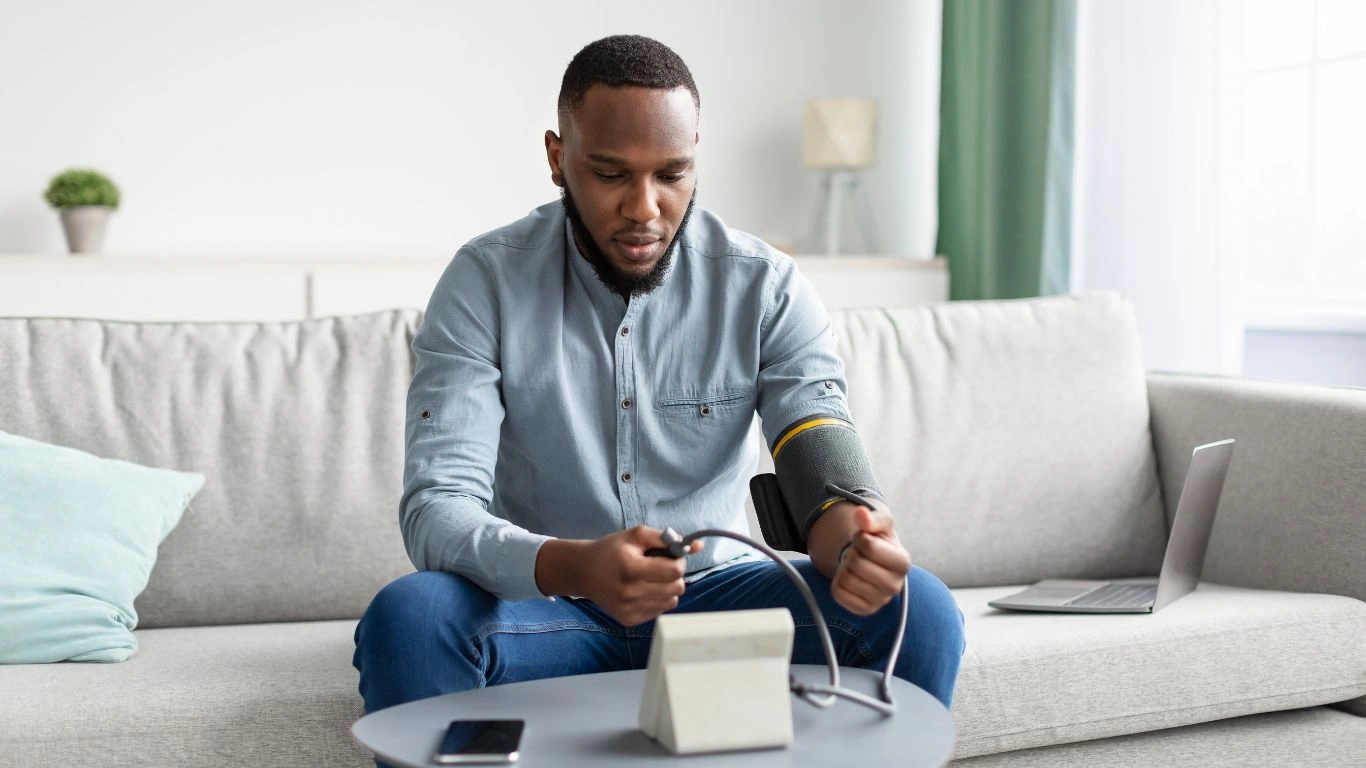
In my practice, I believe education is one of the most powerful tools we can offer. When patients understand the “why” behind their symptoms, they’re far more likely to follow through with treatment. That’s part of what makes the conversation around high blood pressure and snoring so important—we have to connect the dots in a way that makes sense for real people living real lives.
Questions to Ask Your Doctor
If this article has you thinking twice about your sleep and blood pressure, that’s a great sign. Start by bringing these questions to your next appointment:
- Could my snoring be related to sleep apnea?
- Should I do a sleep study based on my symptoms?
- Is my blood pressure harder to control because of poor sleep?
- Would a CPAP or oral device help lower my BP?
- Are there lifestyle changes I can start today to help both issues?
Your doctor may not always initiate this conversation—especially if you’re not mentioning sleep complaints. So be your own advocate. You deserve answers and solutions that work with your whole body, not just a pill for every symptom.
How to Talk to a Partner About Their Snoring
This part is tricky but important. If your partner snores and refuses to acknowledge it might be an issue, you’re not alone. I’ve had so many patients dragged in by a fed-up spouse who’s been sleeping on the couch. Here are a few ways to bring it up without starting World War III:
- Lead with concern, not complaints: “I’ve been reading about how snoring might be tied to blood pressure and sleep issues. I just want to make sure you’re okay.”
- Frame it as a health conversation: Not just about the noise—it’s about long-term heart and brain health.
- Suggest a sleep study together: Make it a team effort rather than a criticism.
More than once, I’ve had couples come back to thank me for encouraging that tough talk. When the snoring gets treated and both people start sleeping better, everyone wins.
Final Thoughts: You Don’t Have to Live Like This
If there’s one thing I want you to take away from this article, it’s this: chronic snoring and stubborn high blood pressure are not just things you have to put up with. They’re not “just part of getting older,” and they’re definitely not harmless. But they are manageable—and sometimes even reversible—with the right support and information.
I’ve had the privilege of walking with hundreds of patients through this exact journey. When we connect the dots between their sleep patterns, snoring, and blood pressure, we unlock a whole new level of health and vitality. You deserve that too.
Where to Learn More
Want to dive deeper into the science or explore resources about snoring, sleep apnea, and hypertension? Here are a few trustworthy places I send my patients:
Whether you’re here because of your own symptoms or you’re trying to help someone you love, I hope this gave you some clarity, validation, and next steps. Keep asking questions, keep advocating for your health—and don’t be afraid to bring up the snoring at your next check-up. It might just save your heart.
Disclaimer: This article is for informational purposes only and should not be used as a substitute for professional medical advice, diagnosis, or treatment. Always consult your physician or a qualified health provider with any questions you may have regarding a medical condition.

Dr. Gwenna Aazee is a board-certified Internal Medicine Physician with a special focus on hypertension management, chronic disease prevention, and patient education. With years of experience in both clinical practice and medical writing, she’s passionate about turning evidence-based medicine into accessible, actionable advice. Through her work at Healthusias.com, Dr. Aazee empowers readers to take charge of their health with confidence and clarity. Off the clock, she enjoys deep dives into nutrition research, long walks with her rescue pup, and simplifying medical jargon one article at a time.





